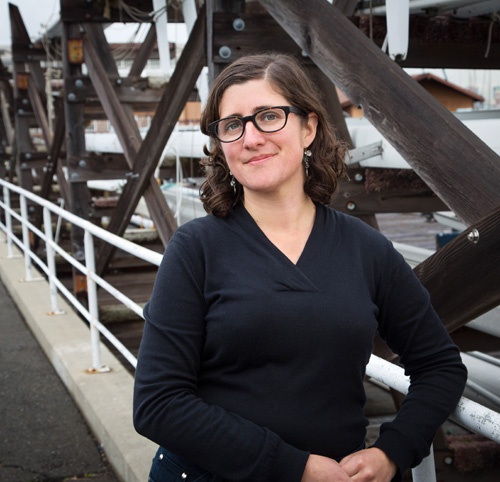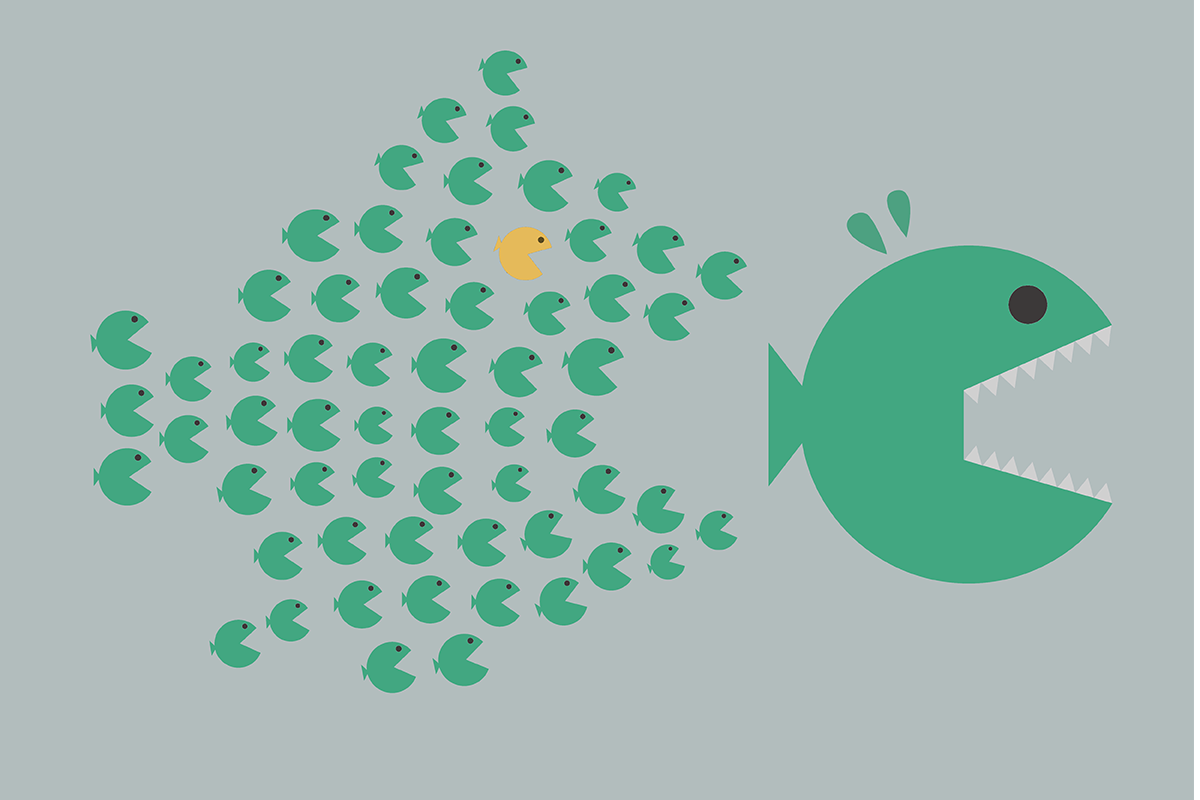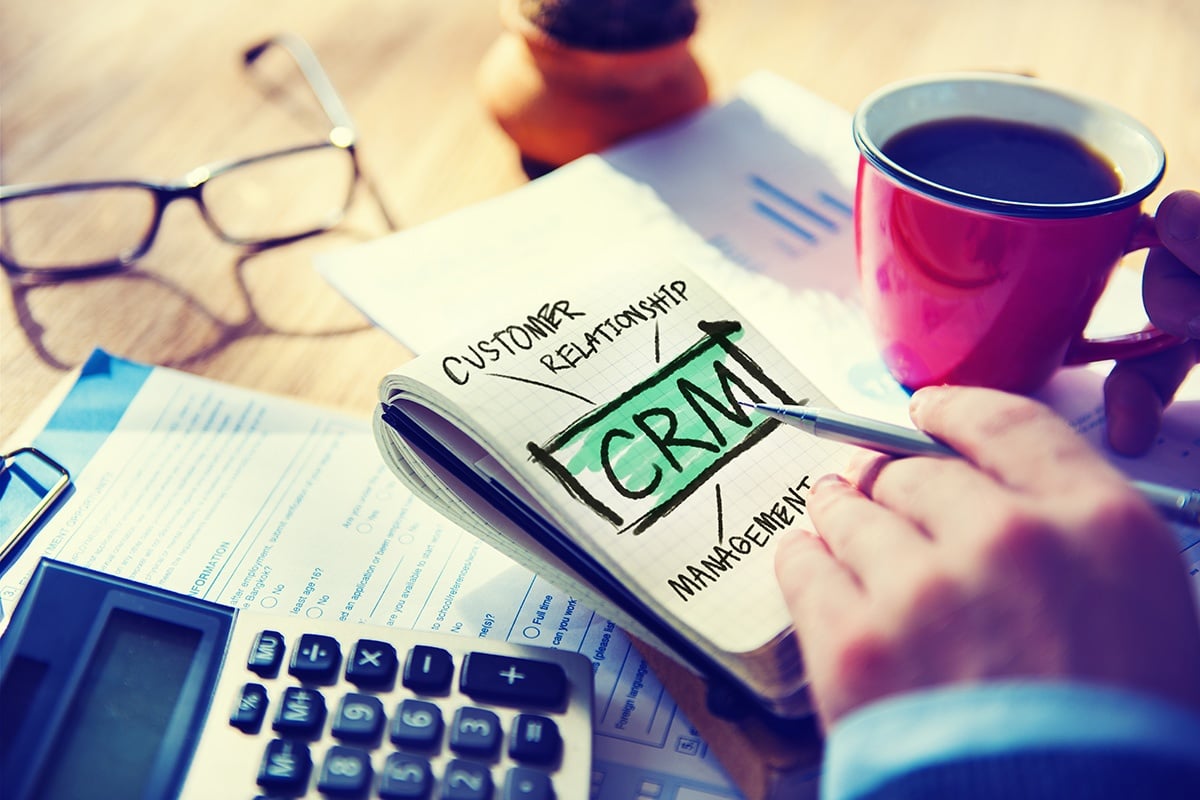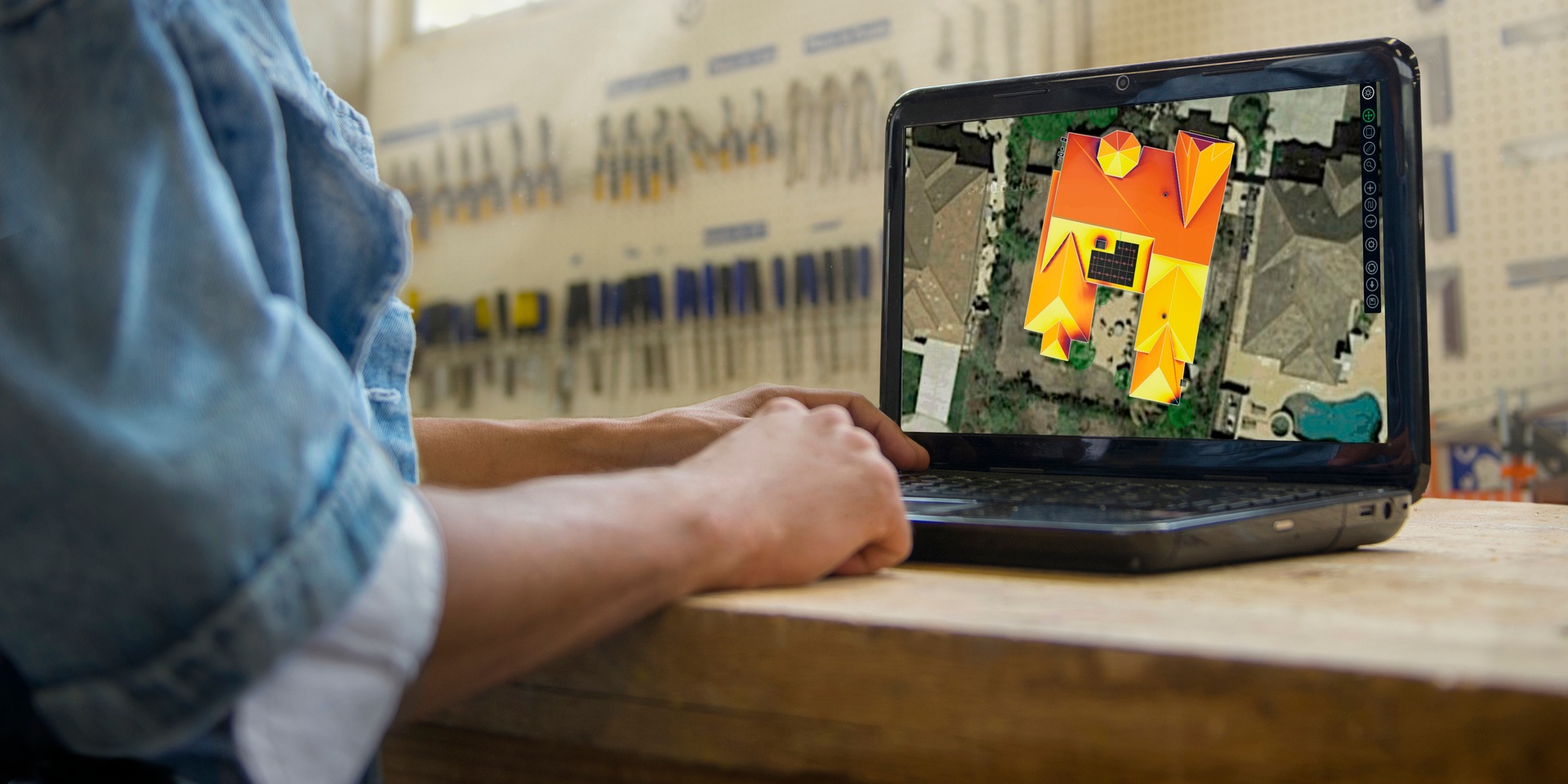Pamela Cargill is Principal of Chaolysti , a consulting firm that helps residential solar contractors succeed and reach profitability. With over ten years in the industry, she has built an impressive track record of helping solar businesses grow.
In the first of two articles from our conversation with Cargill, we shared her advice for practices contractors can put in place to operate more effectively. Today, we’re pleased to share her observations on how the industry is evolving and what trends contractors should be keeping an eye on.
As someone who works closely with many different players in the industry, what can you tell us about the current state of the solar market and how it may be evolving?
I would say that we’re going to continue to see small contractors take a larger and larger percent of the overall share of the market.
This whole idea of having a “long-tail” is going to become irrelevant because there are just going to be small contractors.
I really see that we’re on track as an industry—as a specialty contracting industry—to look a lot more like HVAC. For instance, HVAC has somewhere around 450,000 to half a million contractors all over the nation and these are all small local businesses. There are some regionally focused enterprises, but there’s really no such thing as a national, multi-state contracting business in HVAC.
Because the solar industry is a specialty contracting space that’s still so small, we have a long way to grow. According to some of the numbers I’ve looked at from The Solar Foundation, we have somewhere between 6,000 to 8,000 contractors nation-wide. So there’s a huge difference between what our industry looks like and what HVAC looks like. But then again they also have about a 100-year head start on us.
This creates some interesting dynamics. I think that as the overall growth and net profit margins of solar contractors start to look more like other traditional trade spaces, it’s probably going to become less interesting for some businesses that are involved now to continue to be involved.
This comes back to the importance of having that sense of why [you’re running your business]. If a contractor doesn’t have a long-term vision for why they are in this business or plans for how they’re going to be there in the long-term for the customers in their portfolio, I don’t really see a compelling reason why they’ll be in this business.
This is not a sales business, it’s a contracting business. And I think we’re at a juncture right now where that needs to split. Yes, we still do need to have better sales and marketing practices, but we need much more focus on running a good contracting business. That’s really what a lot of this is going to come down to:
The more we’re focused on running contracting businesses, the more we’re going to start looking like other traditional trades.
Recognizing that a focus on efficiency will be needed as the industry matures and profit margins become tighter, can you speak to the role of automation in solar contracting? What elements in the process of taking a solar installation from conception to project completion do you think are best suited to automation? Are there areas where you think automation can be counterproductive?
The parts of the process that I see as most suitable for automating are anything that helps you track how often you follow up with a customer. During the sales process as you’re continuing conversations with the customer, and you’re going back and forth with them—that cadence of follow up is ripe for automation.
I would be careful, though, about over automating that.
You want to build a genuine relationship with the customer that you’re working with. You don’t want to over send automated emails in a way that isn’t personal and genuine.
Automations should help you track when you had a conversation with a customer and remind you to follow up at a specific cadence, say a 5-day window. That’s a good automation. Then you should personally shape that follow up. You may have a template you work from, or a content library that you send some articles from, but ensuring that the touch is really personal is critical.
Another area well suited to automation is the design process. There are a lot of aspects of the initial design that can and should be automated. I can say for a fact, based on my early experience in the industry doing a lot of this work by hand—going into a string sizing website, and then going to PV WAtts, and then going to an Excel workbook for pricing, and then going to another Excel workbook for material take-off—that was not particularly effective. It took a long time, and if I got interrupted in the middle of it, it was difficult to come back to and figure out where I was. That I think is where we’ve made a lot of progress.
Software that automates more routine aspects of the design process, so that the designer can stay more focused on ensuring that the design is meeting the objectives that the customer has stated, that I think has a ton of value.
Any final thoughts you’d like to share?
I would close by noting that the easy days of floundering around to be a solar contractor in this business are behind us now.
My old boss called me the other night and we were catching up about the changes in the industry. We’ve both been in the industry for a long time and we were reflecting on how easy it was for us in those really early days to just kind of make it up as we were going along and not really have the tightest processes in place, because there was so much margin to work with.
While we both had skills in construction, we hadn’t worked at an HVAC company where you live and die by very small percentage points on your margin and you have to be constantly focusing on the operational effectiveness of your business. In solar, we’ve had [some] time to muddle through and not really focus on process.
I think as we’re moving into the future, it’s really going to be worthwhile for us to look much more at how are other contracting businesses operate. What are the best practices from those spaces that we could bring over?
Whether it be in terms of project management, scheduling and dispatching, long-term customer support, service plans, keep in touch, re-marketing, etc. That’s really what’s going to start driving excellence in this business in the very near future and going forward.
We only have growth ahead of us in this space. It’s definitely going to be tough and there’s going to be some weeding out, but I’m bullish on the growth of rooftop solar and I’m sticking with it!



